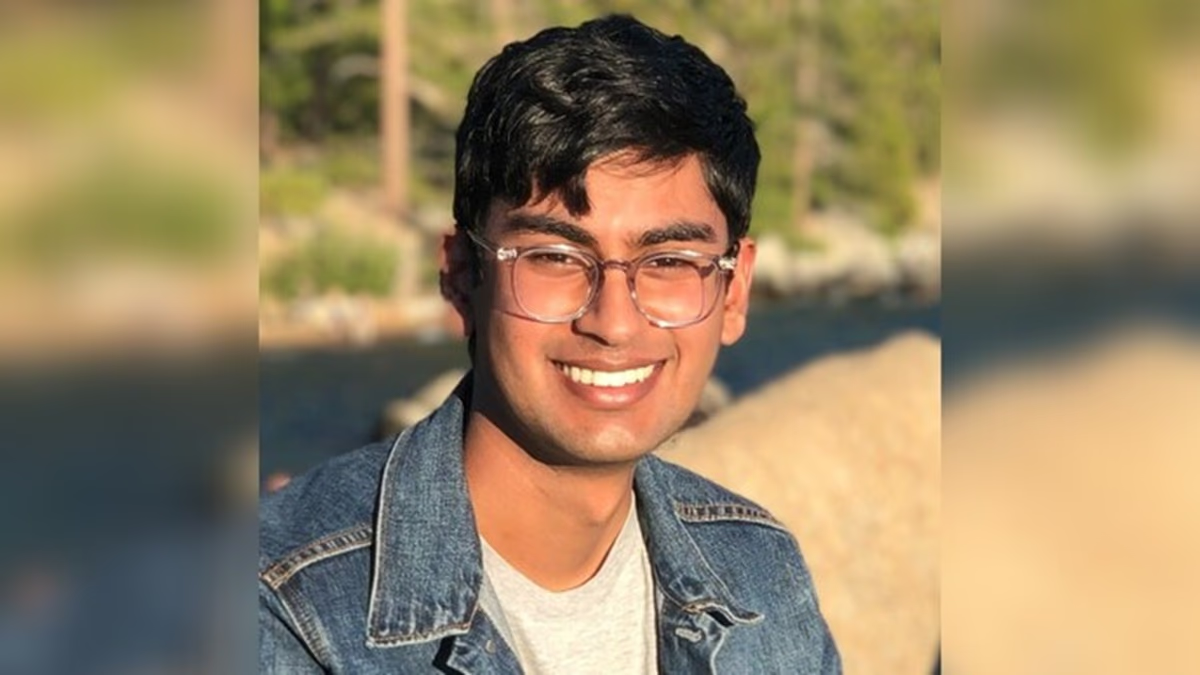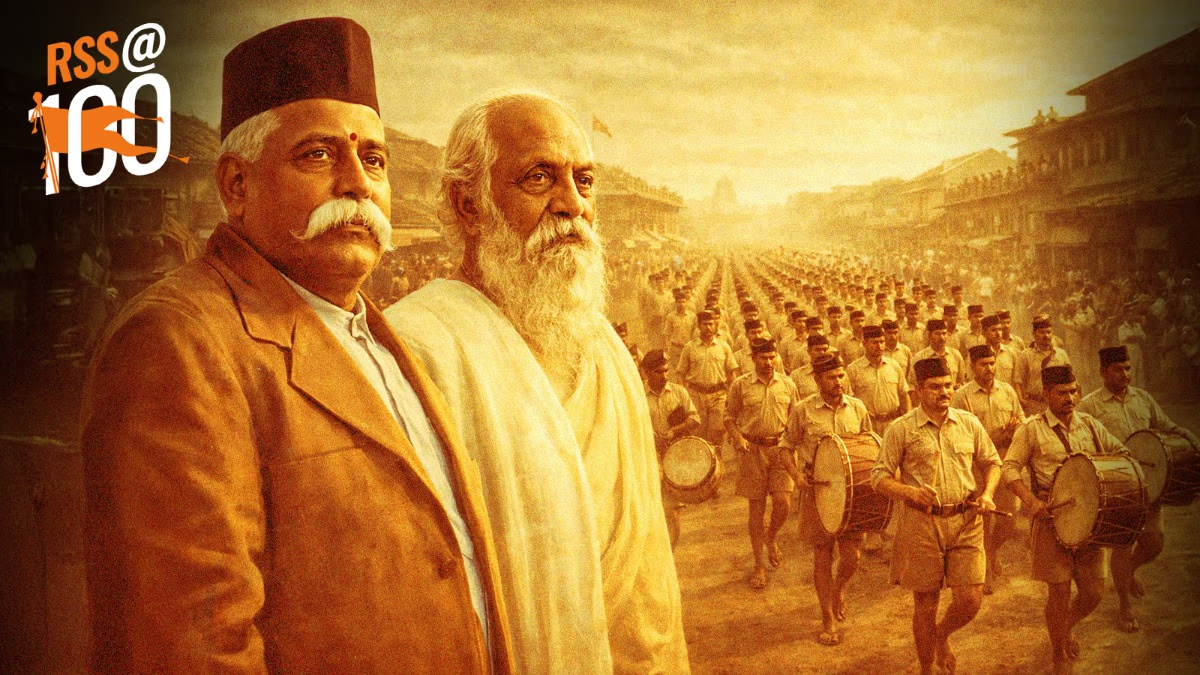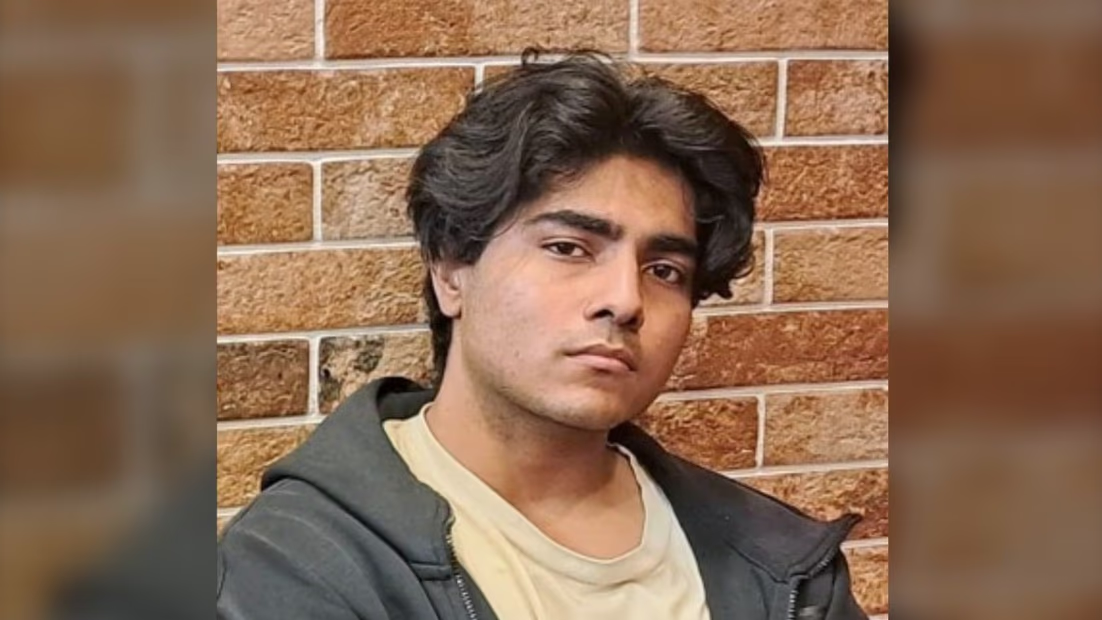The brilliant 26-year-old former researcher at OpenAI, makers of ChatGPT, was found deceased in his San Francisco apartment. Suchir Balaji had recently raised significant concerns about OpenAI's operations. The incident reportedly occurred on November 26 and gained public attention by December 14, according to San Francisco police.
Local media reports suggest Balaji had been reclusive, failing to answer calls from friends and coworkers. His acquaintances, alarmed by his silence, reached his apartment only to find it locked. They alerted the San Francisco police, who broke down the door and discovered Suchir's body. Preliminary investigations revealed no signs of foul play, leading police to suspect suicide.
The San Francisco Chronicle quoted a police statement noting, 'Police officials, along with a medical team, found Suchir Balaji deceased inside his apartment. There were no initial findings of foul play, suggesting suicide.' The Chief Medical Examiner of San Francisco confirmed, 'The manner of death is considered suicide.' Earlier this year, in August, Suchir resigned from OpenAI, citing serious allegations of copyright violations.
Upon the news of his untimely death, key figures expressed shock and profound reactions flooded the internet. Elon Musk, CEO of Tesla, responded with a simple but weighty 'Hmmm,' letting the implications speak volumes. Publicly, Suchir accused OpenAI of utilizing copyrighted material without appropriate legal protocols to train their generative AI program, ChatGPT, warning that such technologies could potentially harm the integrity of the internet.
In a detailed interview with the New York Times, Balaji critiqued OpenAI's practices as harmful to the internet ecosystem and to businesses and individuals whose data was reportedly used without consent. His accusations have been pivotal in lawsuits filed against OpenAI by numerous writers, programmers, and journalists, who allege illegal use of their copyrighted works in training ChatGPT.




